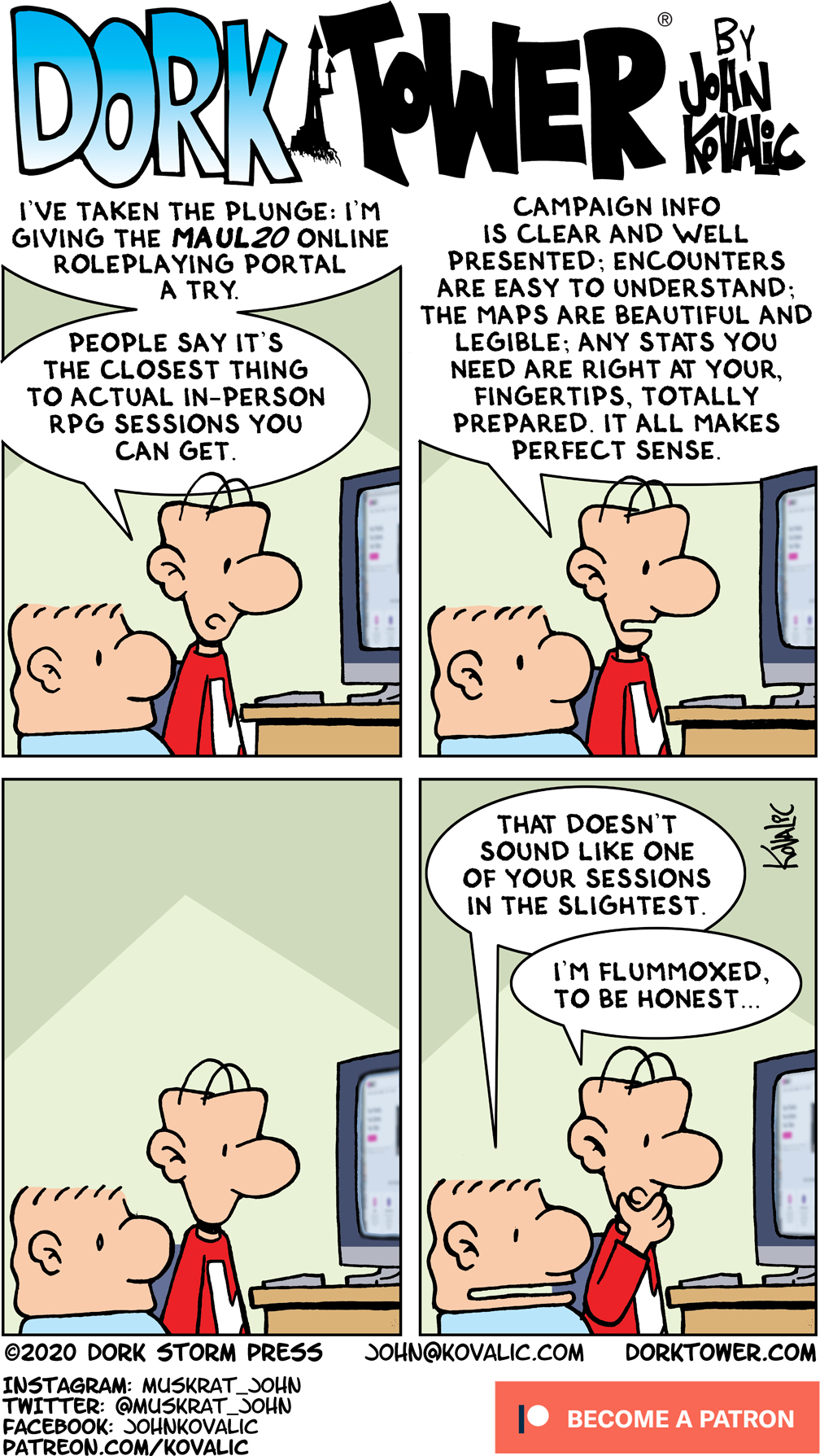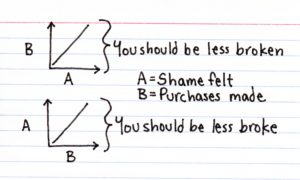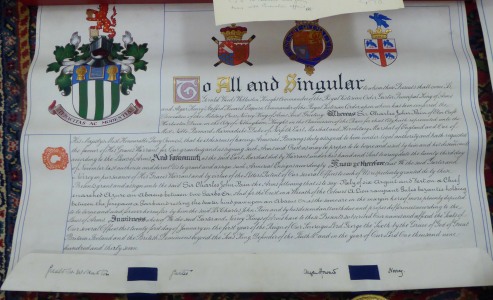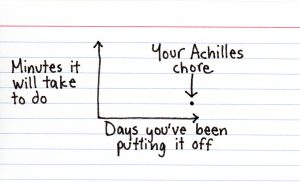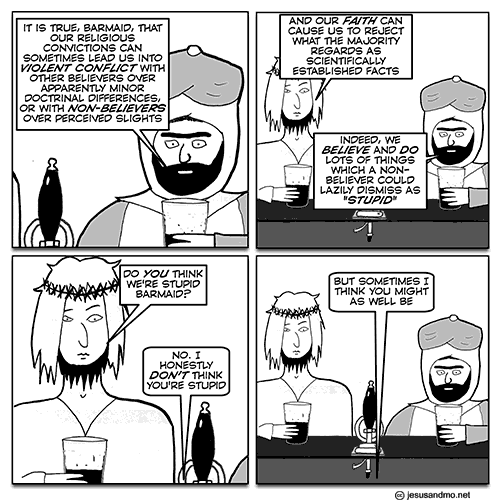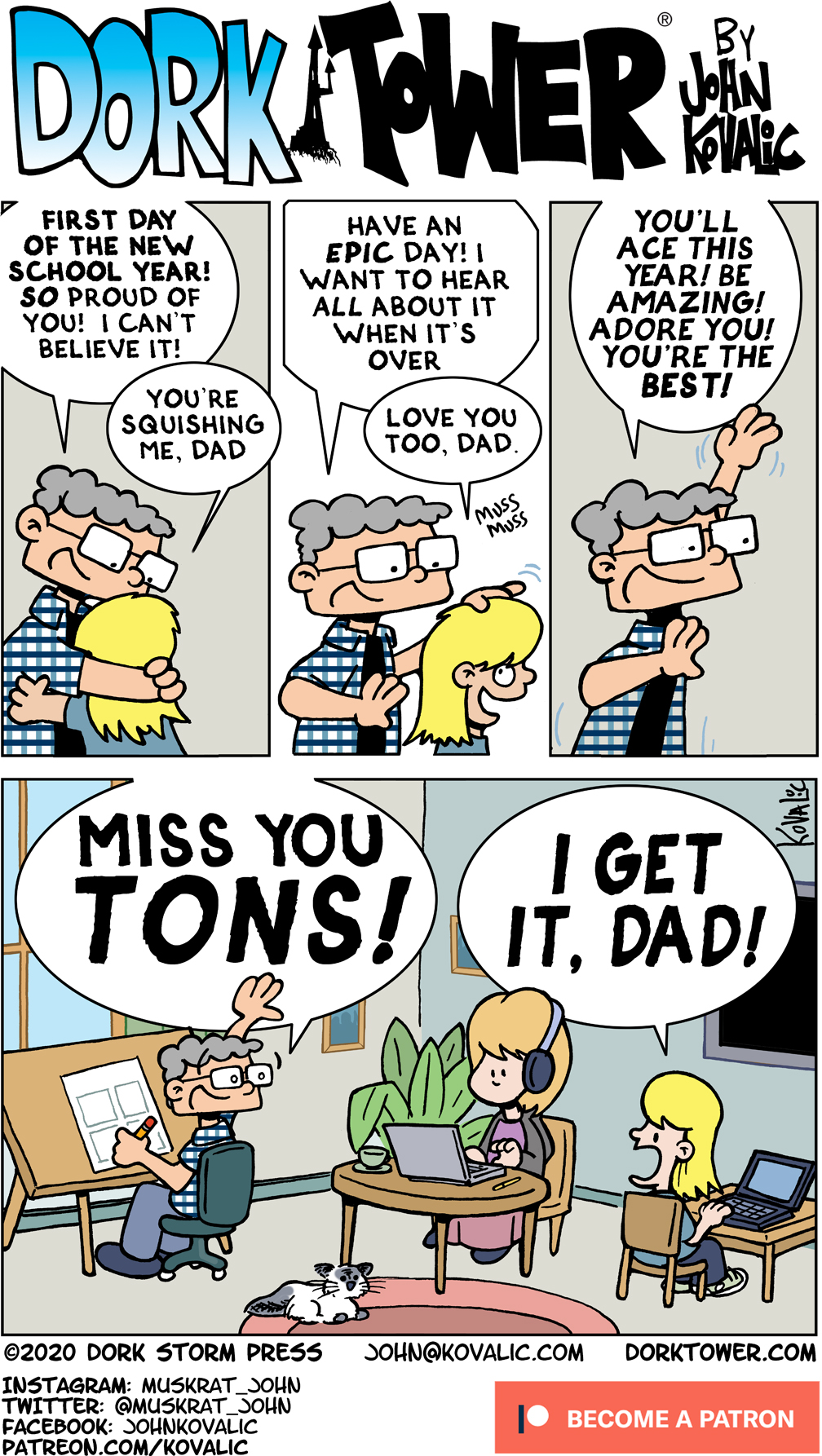A few DDC users have recently asked about a perennial issue: classifying topics as history in the 900s vs. elsewhere in the schedules. Does putting a topic in the 900s diminish it, segregating it into history, or honor it, by recognizing it as historical importance? We can’t answer that for you; that depends on your collection, and your perspective. But we can run through some of the relevant guidance in the classification.
Our first stop is the Manual note for 900. It starts as follows:
Use 900 for the story of events that have transpired, or an account of the conditions that have prevailed, in a particular place or region. Use 001-899 for the history of a specific subject [plus standard subdivision T1—09]
That may be the easy part. Since the DDC is organized first by discipline, works of history go in the 900s, while history of a topic in another discipline usually goes with the topic, with a standard subdivision to indicate history.
How about if a work is about a specific event? The same Manual note says:
Depending upon their impact, class specific events either in 900 or in specific disciplines in 001-899. Use 930-990 for events that are important enough to affect the general social life and history of the place, regardless of any discipline involved, e.g., the sinking of the Lusitania 940.4514; the assassination of Abraham Lincoln 973.7092; the 1906 San Francisco earthquake 979.461051.
It’s not necessarily wrong to find works about such events outside of the 900s if that’s the disciplinary focus—the note gives as an example a number in the 360s about the assassination of John F. Kennedy in the discipline of criminology.
This, too, is easy enough, if we’re talking about events that occurred over 100 years ago. What about recent events? Then, guidance like “events that are important enough to affect the general social life and history of the place” can sound pretty subjective. Consider the author’s perspective: do they describe the event as an important historical one? The Manual note instructs you to prefer 900 if in doubt.
To sum up, here are a few points to consider when classifying such works:
- What’s the discipline of the work? If it’s framed as history, you probably want the 900s.
- Did the event described by the work have broad, enduring importance? If so, you probably want the 900s.
- If in doubt whether the event had historic importance, prefer the 900s.
I’ll explore this same question about the 900s vs. the rest of the schedules in relation to groups of people in a forthcoming blog post. Stay tuned, and feel free to reach out with comments or questions!
